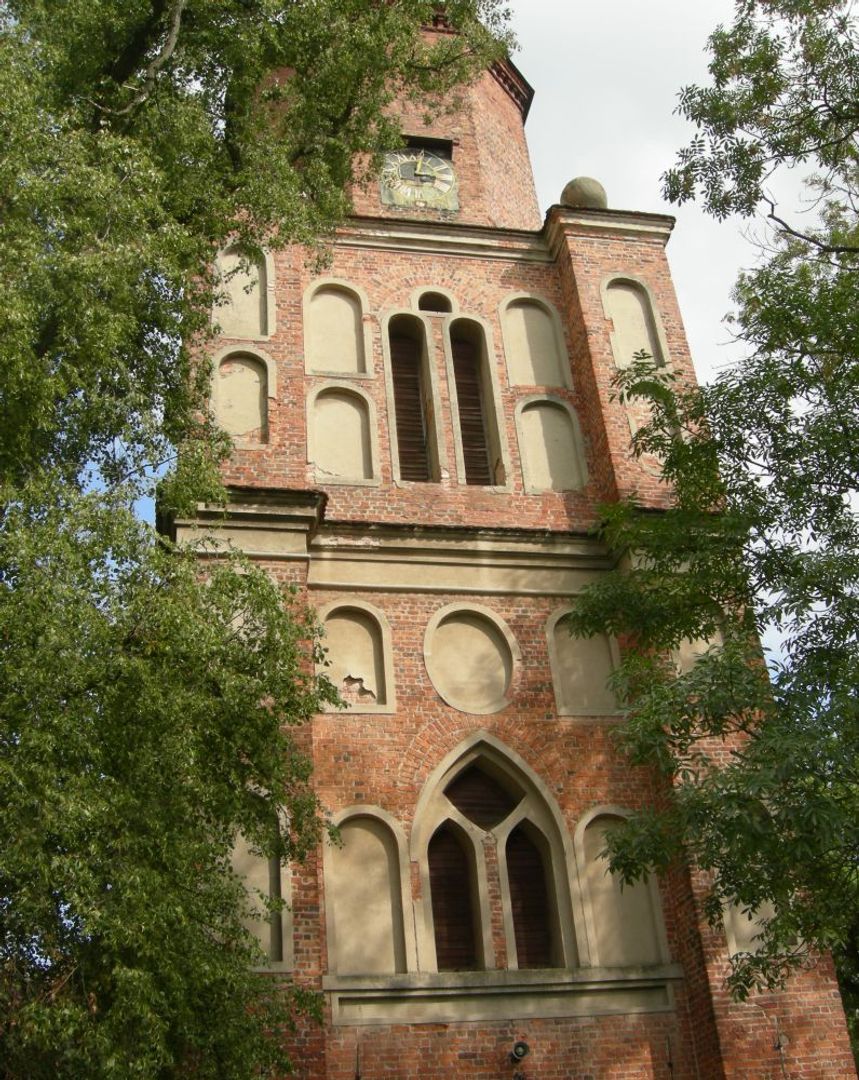Chach
6.32

Overview
Czacz is a village located in the Greater Poland Voivodeship, within the Śmigiel municipality, on the banks of the Samica Kościańska River, in close proximity to the Poznań-Wrocław route. With a rich history dating back to the Middle Ages, Czacz is known for its earliest records of the settlement, which date back to the 14th century. The village was the seat of local nobility, including the Czacki family, and had its own parish since 1401. Archaeological finds indicate earlier settlement, with hillforts and burial grounds discovered in the area, dated to the turn of the 10th and 11th centuries. Over the centuries, the village passed through the hands of various owners, including the Gajewski and Żółtowski families, and from 1793 it fell under Prussian rule. In the 19th century, Czacz was considered one of the larger villages in the region. In the 20th century, after World War II, the village saw the development of commission trade, which contributed to the growth of commercial establishments. Architecturally, it is distinguished by the 14th-century Church of St. Michael, rebuilt in the early Baroque style, and its Baroque altars. The village also features a palace and the remains of a hillfort. Czacz is also the birthplace of Marian Węclewicz, a lieutenant colonel of the Polish Army and participant in the Greater Poland Uprising.
Location
2026 Wizytor | All Rights Reserved